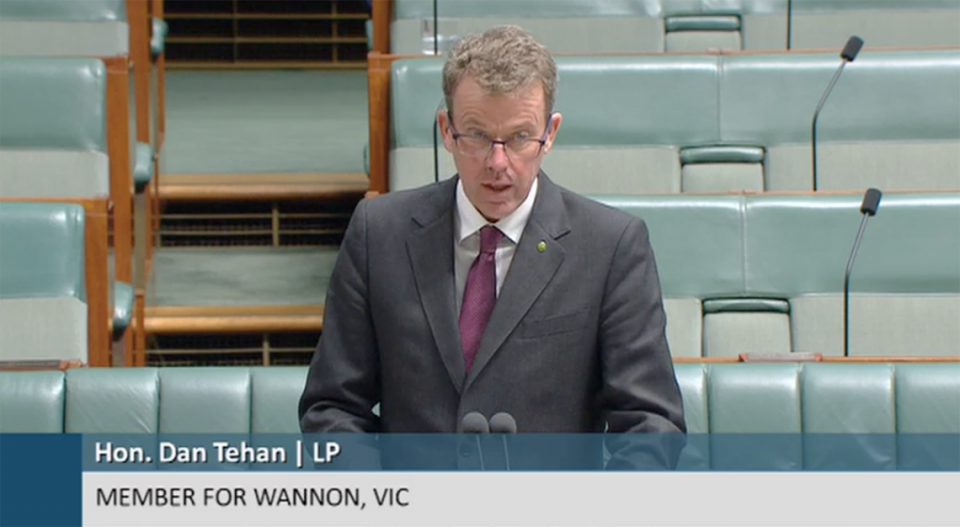The Opposition of the Australian Parliament this week went against the supporting legislation to implement the long anticipated Pacific Engagement Visa (PEV), an election commitment of the new government to provide permanent residency to 3,000 Pacific islanders per year through a lottery.
The main argument of the Opposition, presented by Shadow Minister for Immigration Dan Tehan, is that instead of running the PEV through a lottery, the new visas should be given to temporary Pacific workers already in Australia under what is now called the Pacific Australia Labour Mobility (PALM) scheme.
The PALM scheme is a program under The Pacific Labour Mobility arrangement, a dominant commitment by the Australian Government to build a stronger Pacific family through providing jobs for Pacific and Timor-Leste workers.
In one of Tehan’s points while presenting the case of the Opposition stated PEV would result in brain drain, where trained professionals in various fields such as teaching or trades in the Pacific may feel encouraged to pick fruit or work in an abattoir for four years in order to get permanent residency in Australia. Such would be a disadvantage to the Pacific Nations in participation.
The other points he argued were that the introduction of the PEV would reduce remittances because the migration would be permanent rather than temporary, and expressed concern that a worker might come to Australia under the PEV and quit or lose their job within weeks, and then end up on welfare
However, two countries, New Zealand and the United States are known to have successfully used the technique of migration lottery for decades.
Meanwhile, although little information was released on how this reform will be carried out, Australia’s Pacific Australia Labour Mobility (PALM) scheme will start to allow long-term PALM workers, who had been working in the country for more than one to four years to bring their families.
A brief statement by the Australian government however suggests that most of the cost for family migration will have to be covered by the workers with some support from the government.
Papua New Guinea along with Fiji, Kiribati, Nauru, Samoa, Solomon Islands, Timor-Leste, Tonga, Tuvalu and Vanuatu are countries currently participating in the Pacific Labor Mobility arrangement.


